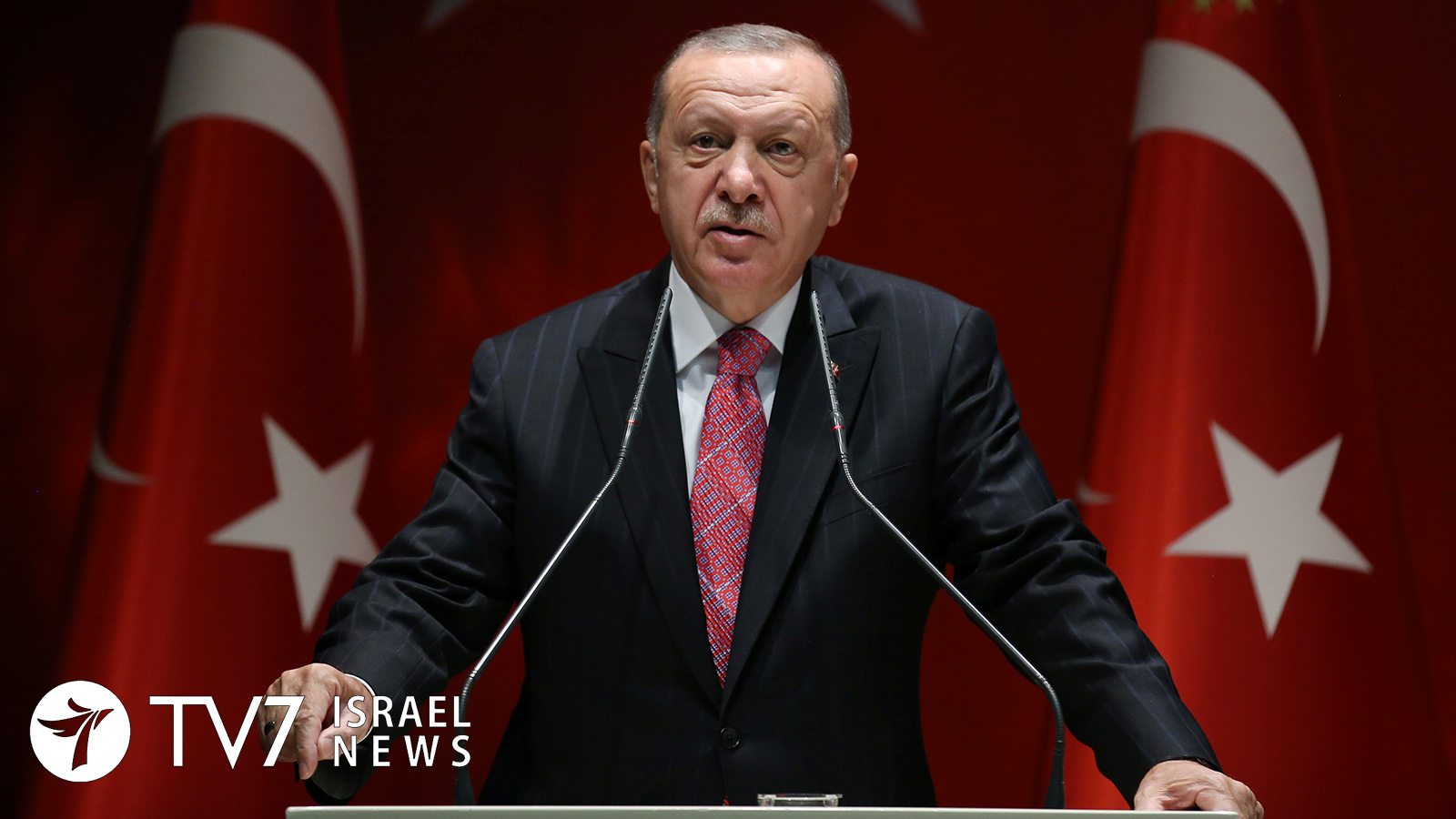Turkish President Recep Tayyip Erdoğan ratcheted up his rhetoric toward Greece and its allies, amid growing tensions over energy resources in the eastern Mediterranean.
“On every occasion, we say that we are in favor of resolving every stand-off through dialogue and negotiations,” said Erdoğan, before going on to warn, “I advise those who go against us with dilapidated military forces instead of sitting at the table with us to inspect carefully, our diplomacy efforts and military operations in the last four years, let alone in history.”
The Turkish leader further cautioned against “those who stand up against Turkey at the cost of risking the safety and welfare of their citizens – I say this clearly, I’m afraid – (I hope civilians) will not pay a heavy price when the time comes.”
The remarks were delivered after Erdoğan held talks with the Prime Minister of Libya’s Government of National Accord (GNA), Fayez Mustafa al-Sarraj; whose survival is vital for their bilateral maritime agreement to maintain its legal standing.
The United Nations has cautioned against the incessant military escalation, including weapons shipments to opposing forces Libya. The UN Acting Envoy for Libya Stephanie Williams said that “some 70 resupply flights landed in eastern airports in support of the LAAF (Libyan Arab Armed Forces), while 30 resupply flights were dispatched to airports in western Libya in support of the GNA.”
“With the stakes so high, any such reckless action risks igniting large-scale confrontation, with the devastating consequences this would entail. It is imperative that you use your influence to impress on all sides that now is the time for restraint,” added Williams.
Europe’s IRINI maritime operation is struggling to enforce an arms embargo on the war-stricken country under UN Security Council Resolution 1970. EU Foreign Policy Chief Josep Borrell has acknowledged evident failure of the mission, saying that, “From our side, we try to control the arms embargo as much as we can. But we are perfectly aware that the flow of arms continues reaching Libya. And as far as this continues, it will be quite difficult to stop the fight.”
Meanwhile, in a bid to evade Ankara’s wrath, Kosovar President Hasim Thaci stressed that his country’s decision to normalize relations with Israel would not harm its relations with Turkey.
“We understand the concerns of both the Arab League and Turkey’s President Erdoğan regarding mutual recognition between Kosovo and Israel. I keep in touch with President Erdoğan. I spoke to him on the phone and told him that this recognition [of Israel] will not harm our strategic and friendly partnership with Turkey. Now, the State of Kosovo will have even greater and stronger allies globally,” he stated.
Thaci’s appeal followed Ankara’s call for Pristina to refrain from opening its embassy in Jerusalem.
In contrast, Israeli Prime Minister Benjamin Netanyahu proclaimed that he congratulated congratulated “with blessings the agreement with Kosovo that will be the first Muslim state that will open an embassy in Jerusalem.”
Netanyahu went on to hail Serbia, as “the first European nation that will open an embassy in Jerusalem,” underscoring that, “In addition to the historic breakthrough with the UAE we are in a new era of normalization and peace – peace that is derived from Israel’s might.”
